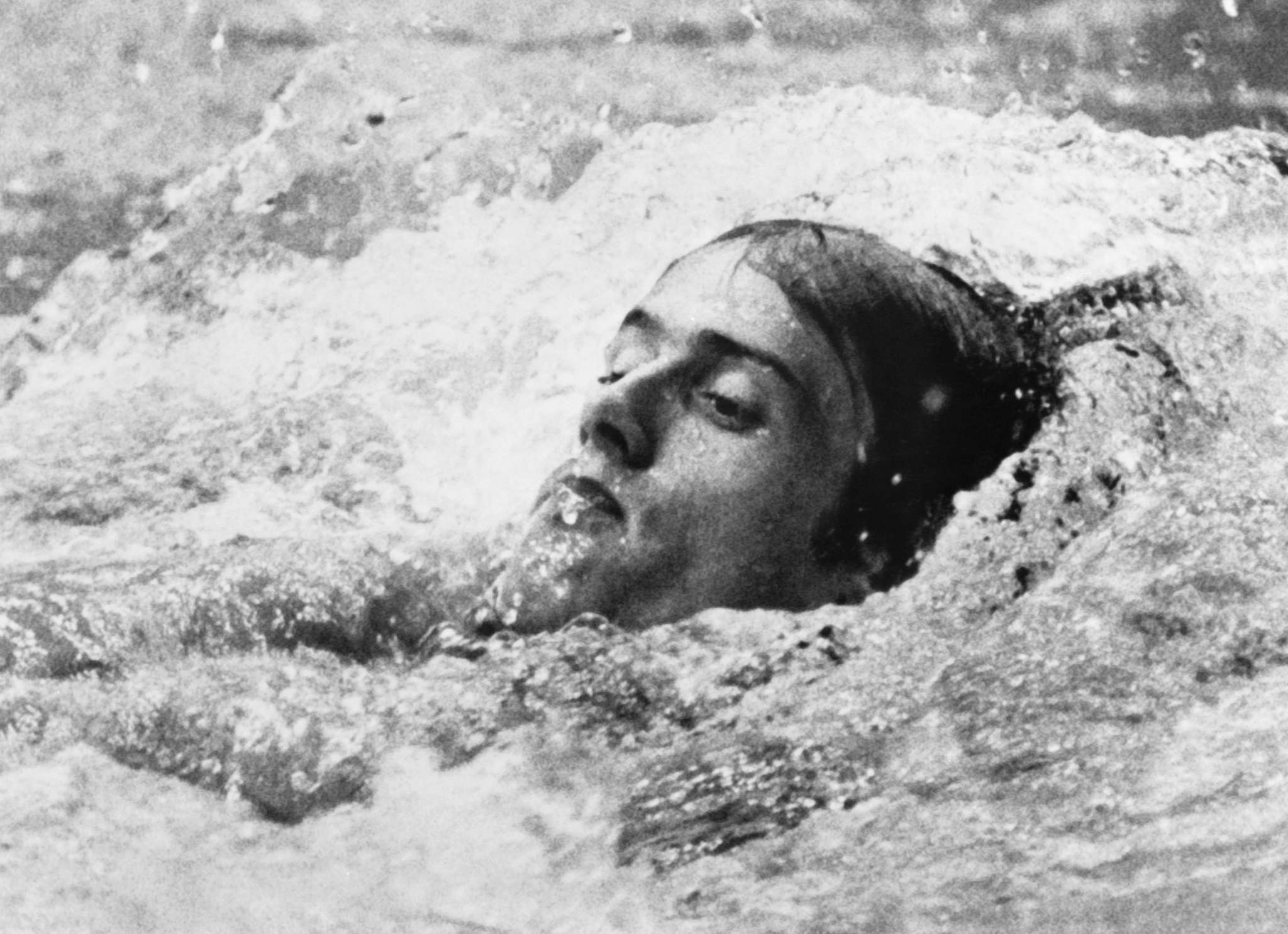There is an iconic photo in world swimming. In it, Roland Matthes (deceased at age 69 of a "serious illness," according to the family statement) and Kornelia Ender are seen half-length. They are leaning on a table. They have the forearms and elbows resting on the table. Smile He (1.90 and 74 kg.), Brown, stylized, mustache, with long straight hair. She (1.72 and 60 kg.), Blonde, robust, with half wavy hair.
From their respective necks hang their Olympic medals. Not the World Cups or the European ones. Everyone's weight would break their cervicals. No. Only the Olympics. An arsenal. For him, four gold, two silver and two bronze . For her, four gold and four silver. Between them, 46 world records (19 for him, 27 for her) .
They are together because they are two of the emblems of swimming in East Germany and because they are also marriage . Perhaps the authorities helped love to try, eugenically, to form, with both privileged genetics, a super champion or super champion. It was not so. Her daughter Franziska dedicated herself to other things and almost nothing is known about her. The marriage, celebrated in 1978, with the spouses already retired, lasted four years . Matthes would later have a second marriage.
Matthes, for many experts, the best espaldista of all time, won the Olympic titles of the 100 and 200 in the Games of Mexico'68 and Munich'72. And the bronze in the 100 in Montreal'76. He also obtained silver in the 4x100 style relay in Mexico and Munich. And, likewise, a good crawl specialist, bronze in the 4x100 free in Munich.
Born in the town of Pössneck (state of Thuringia), on November 17, 1950, his name is associated with the best sporting era in the German Democratic Republic. The best and the most murky. To that of state doping . To that of the secret police (Stassi), also present in sports as a vigilant and implacable installer of official orthodoxy. And also infiltrated among athletes, converted some (how many?), Grade or strength, spies and confidants.
Matthes, an orthopedist after his retirement and unbeaten in the back tests between 1967 and 1974, always argued that his club, the Sportclub Turbine Erfurt, was too small to enter state doping policy. Picturesque statement, because in the GDR there were no large or small clubs for that purpose. The country itself was a club. A gigantic club. And, on the other hand, Matthes was not exactly a small swimmer.
In any case, his dimension as a swimmer has been written forever with gold letters in the history of his sport. Swimming mourns your loss with sincere tears.
According to the criteria of The Trust Project
Know more- sports
F1 Live: Abu Dhabi GP, which closes the World Cup
NBAHarden makes history with 60 points in 31 minutes: "I don't have to explain anything"
Handball Spain confirms before Hungary its magnificent sensations

